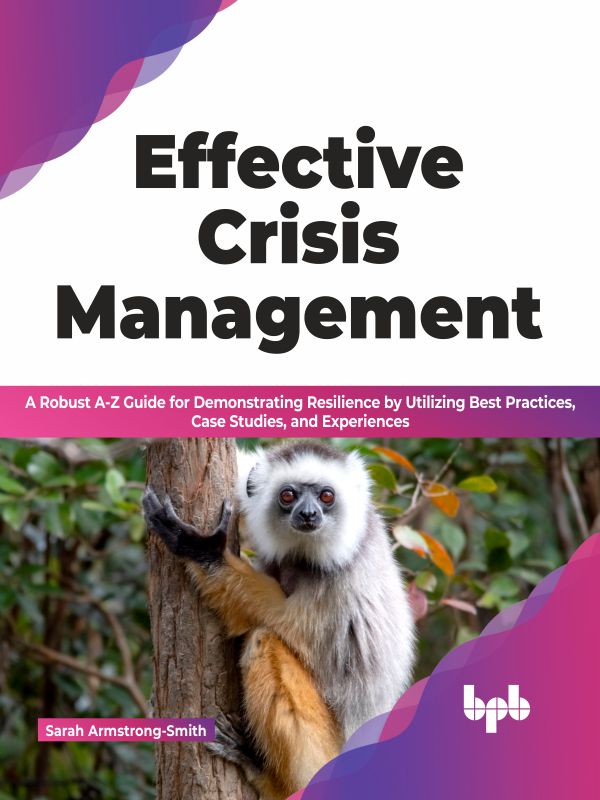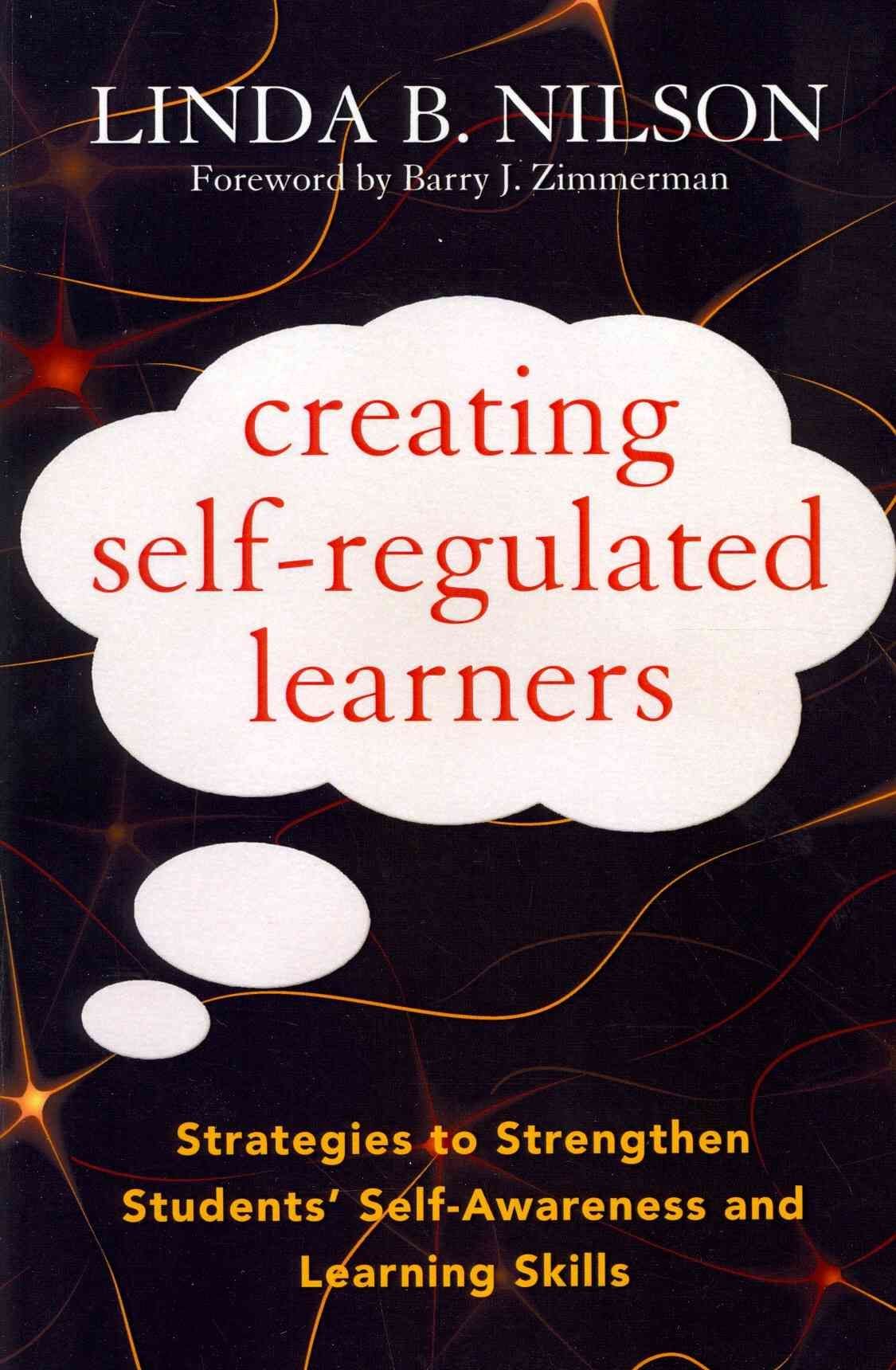Develop crisis plans, practise them, and minimise threats. Key Features. ● Understand the reasons why you should expect the unexpected. ● Learn what it means to put people first. ● Explain why transparency is always preferable when things go bad. ● Identify strategies for bolstering credibility and safeguarding the brand. ● Speed up decision-making and response times in an emergency. ● Distinguish between fact and fiction to eliminate prejudice. ● Learn the art to turn a negative into a positive charge. ● Use your ability to look backward to alter the course of the future. ● Encourage a contented and efficient workforce. Description. Using real-world examples of what may go wrong during a crisis, the author of “Effective Crisis Management” intends to infuse some realism and insight into the incident response and crisis management field. Written by an Executive and Board Advisor who has dedicated over 25 years to improving both the strategic and tactical response to crises, this book guides the reader through a series of episodes designed to help individuals grasp the factors at play in directing a successful crisis response. Following the steps outlined in this book, readers can uncover and make the most of the many insights and unrealized possibilities afforded by earlier catastrophic events. The book includes case studies and stories that will give the readers a sense of what it’s like to manage a crisis in practice and why it requires more than just following a plan. The book explains how and why you should be ready for the unexpected as part of a “assume failure” mindset. Finally, this book delves deep into a crisis’s psychological impact on individuals and explains why focusing on their strength and well-being is crucial to providing effective aid. What you will learn ● Realize how you respond to a problem matters more than the problem itself. ● Get to the bottom of the recurring issues highlighted by numerous public inquiries. ● Find ways to be extra cautious and fair while setting standards. ● Discover the qualities that help leaders excel in times of crisis. ● Cultivate a skill set emphasizing kindness, wisdom, seriousness, and sincerity. ● Establish the methods to determine the causes and circumstances of occurrences. Who this book is for. Anyone interested in a career in managing the response to major incidents will find valuable information in this book written for experienced crisis managers and those who aspire to reach that position. To put it another way, it helps people see how they can use every crisis as an opportunity to strengthen their relationships and continue the trust. Table of Contents. 1. Introduction. 2. Action. 3. Believable. 4. Communication. 5. Diligence. 6. Empathy. 7. Fact. 8. Gravitas. 9. Honesty. 10. Investigation. 11. Justice. 12. Knowledge. 13. Lessons. 14. Media. 15. Near Miss. 16. Opportunity. 17. People. 18. Questions. 19. Resilience. 20. Strategy. 21. Time. 22. Underdog. 23. Victory. 24. Wellbeing. 25. X - Marks the Spot. 26. Y-Why. 27. Zero Trust. 28. Final Thoughts












